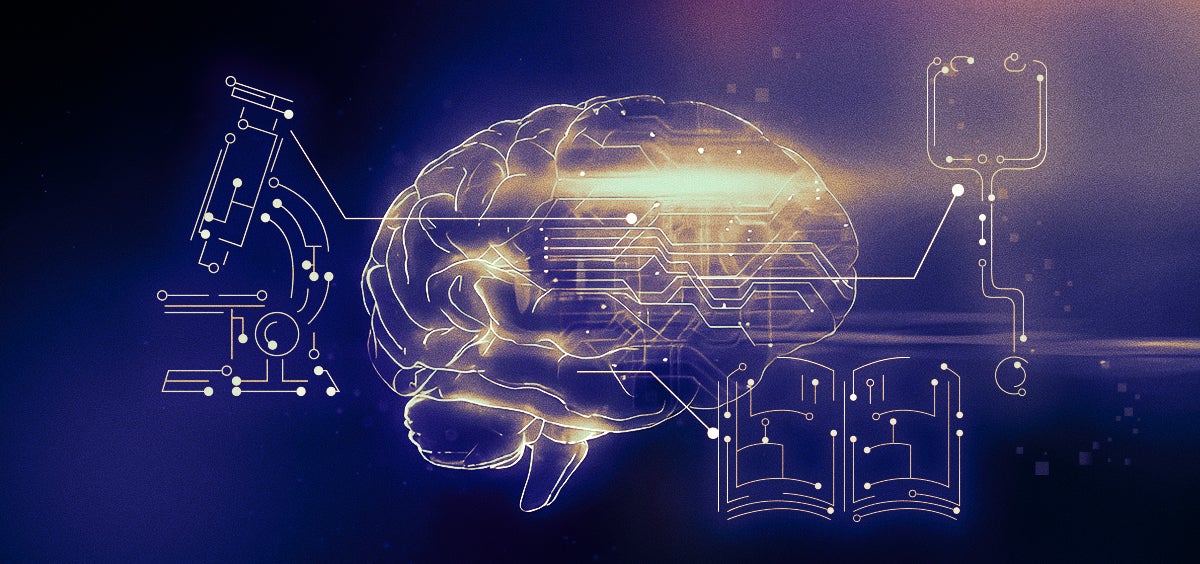OpenAI is funding a project that researches morality in AI systems ...
OpenAI has delved into the intricate realm of artificial intelligence (AI) ethics by providing financial support for research on "AI morality". The nonprofit branch of OpenAI recently granted funding to Duke University researchers for a project called "Research AI Morality". This initiative is part of a broader program that allocates $1 million over a three-year period to explore ways in which AI can be infused with a sense of morality.

Project Leadership and Expertise
Heading the project is Walter Sinnott-Armstrong, a distinguished professor renowned for his expertise in practical ethics. Alongside him is Jana Schaich Borg, another accomplished individual recognized for her contributions to understanding how Artificial Intelligence can navigate moral decision-making processes.
Sinnott-Armstrong's background in philosophy encompasses applied ethics, moral psychology, and neuroscience. Under his guidance, the team at Duke University has tackled real-world dilemmas, such as crafting algorithms to determine the recipients of organ transplants. They have also worked on refining the fairness of these systems by incorporating public and expert perspectives.
The Objective of the OpenAI-Funded Project
The primary objective of the project financed by OpenAI is to develop algorithms capable of predicting human moral judgments across disciplines like medicine, law, and business. While this endeavor holds promise, past experiences highlight the challenges inherent in this undertaking. For instance, the Allen Institute for AI's Ask Delphi project aimed to provide ethical responses but often produced morally ambiguous answers when questions were rephrased.

Challenges and Concerns
The limitations faced in creating morally aware AI stem from the operational methods of AI itself. Machine learning models, which form the basis of AI decision-making, rely on training data that may contain biases reflective of dominant cultural norms. This raises poignant questions about whether AI can truly embody "morality," especially considering the diverse moral frameworks that exist across societies.
Future Implications and Expectations
As the debate around the alignment of AI with human values continues, the question of whether this alignment is desirable remains unanswered. The successful implementation of morally-conscious AI could have significant implications, influencing the level of trust placed in machines during moral decision-making processes. Progress reports on this "moral AI" project funded by OpenAI are eagerly awaited, with the anticipated conclusion of the grant in 2025.










